Japan ready to fund agriculture activities in Merauke
- Tempo Interactive
- 05 October 2009
Several companies like Mitsubishi Corporation are interested in promoting Merauke as a new rice barn in Asia.
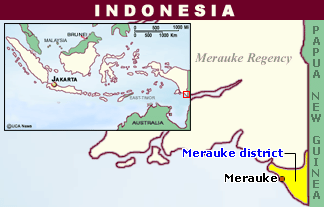
Several companies like Mitsubishi Corporation are interested in promoting Merauke as a new rice barn in Asia.

The government is preparing a regulation which will put some restrictions on foreign investment in the food industry, including on the length of the investment, and the joint ownership with local firms.

“Our people have already surveyed several areas to choose the right place for planting basmati rice. The investment will be huge,” says Ambassador Khayyat.
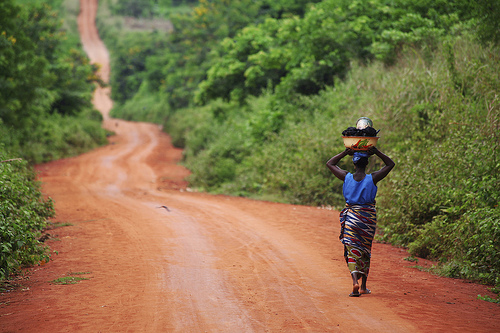
The Korea Rural Community Corporation, under the Agriculture Ministry, said it is also in talks with other resource-rich countries about deals in exchange for support for the construction of agricultural infrastructure or farms. Among the negotiating partners mentioned were Indonesia, Laos, Myanmar, Senegal and Mongolia.
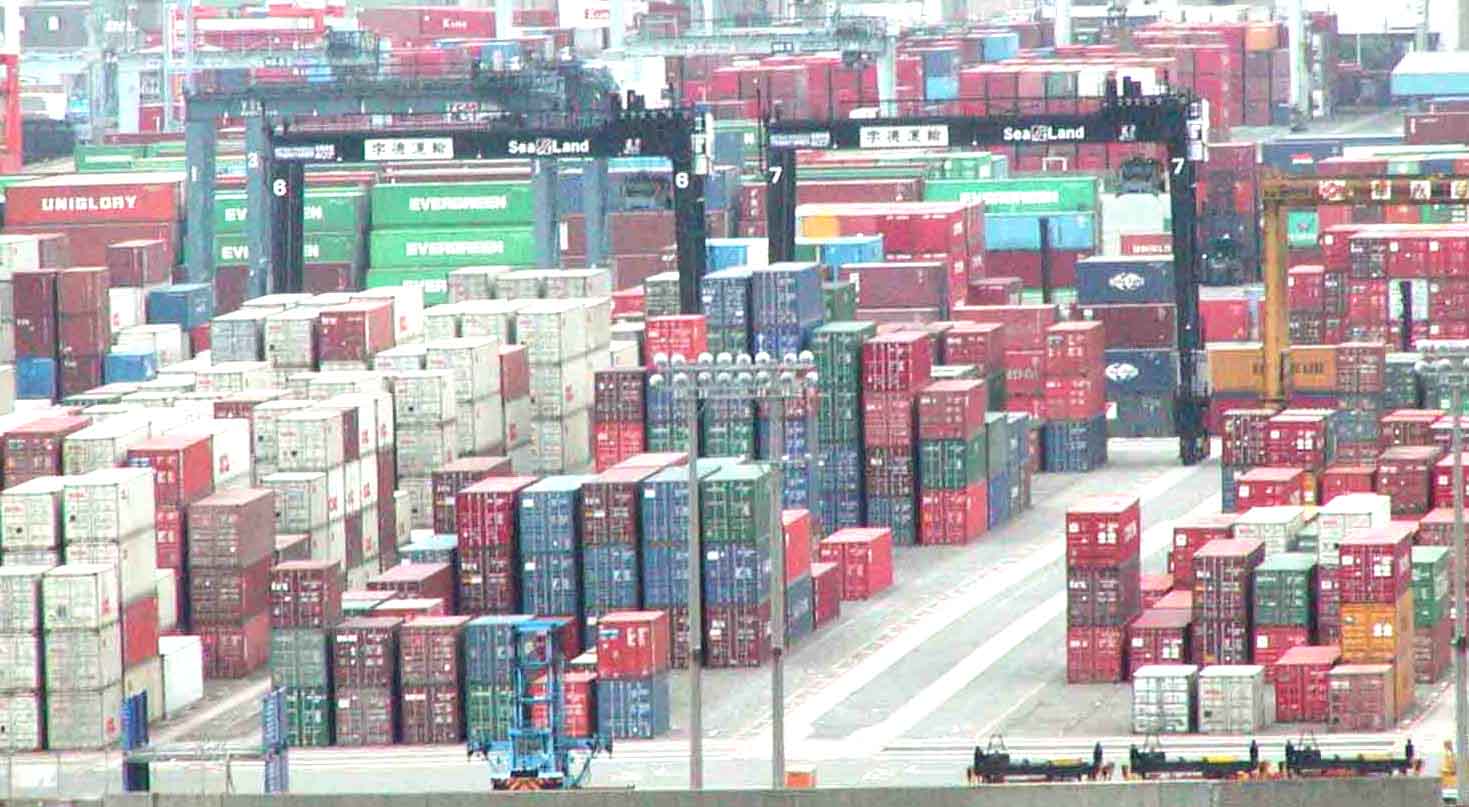
Saudi Arabia announces the launch of Agroinvest, which will focus on farm acquisitions abroad to grow wheat, rice, soybeans and other crops in Brazil, Vietnam, Indonesia, Philippines, Pakistan and Turkey
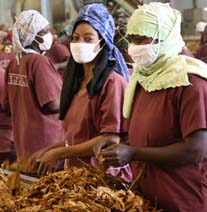
Ray White Rural chairman Paul White said there was interest in Australian rural property from Chinese, Malaysian and Indonesian investment groups, looking to secure their food supply for the future.
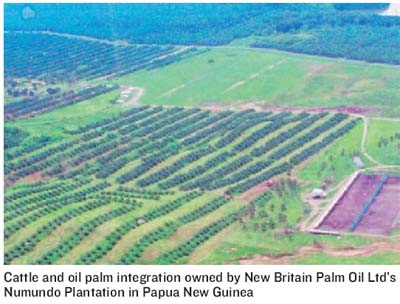
Will Malaysia be emulating other nations by looking abroad to plant staple crops like rice, or rear cows, goats, chicken and fish to secure a sustainable food supply?
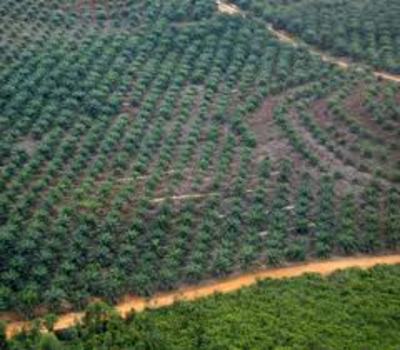
KS Oils acquires additional 14,000 HA land for oil palm plantations in Indonesia, owning a total of 34,000 ha.
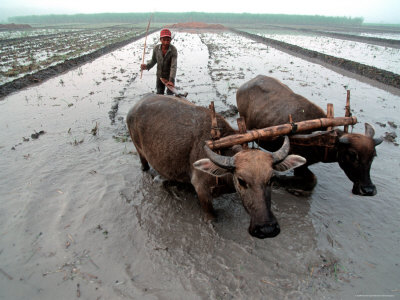
If Indonesia decides to go ahead with leasing farmland, it should do so with caution, keeping an eye on both the risks and the opportunities. We need to understand that we have a very strong bargaining position.

Singapore's Temasek is seeking to buy land in North Bolaang Mongondow, North Sulawesi, where they plan to grow high-quality rice.

CNN's John Defterios takes a look at how Middle Eastern countries are scouring the globe for farmland.

En janvier, le premier riz “saoudien” produit à l’étranger a été présenté au roi Abdallah. Le consommateur saoudien ne goûte pas la différence. En dépit du renversement de conjoncture, il continue à payer son alimentation à un prix élevé, correspondant au niveau en vigueur pour les achats massifs effectués en 2008 afin de prévenir toute crise alimentaire.

|
CAR offers land ownership using cryptocurrency
|